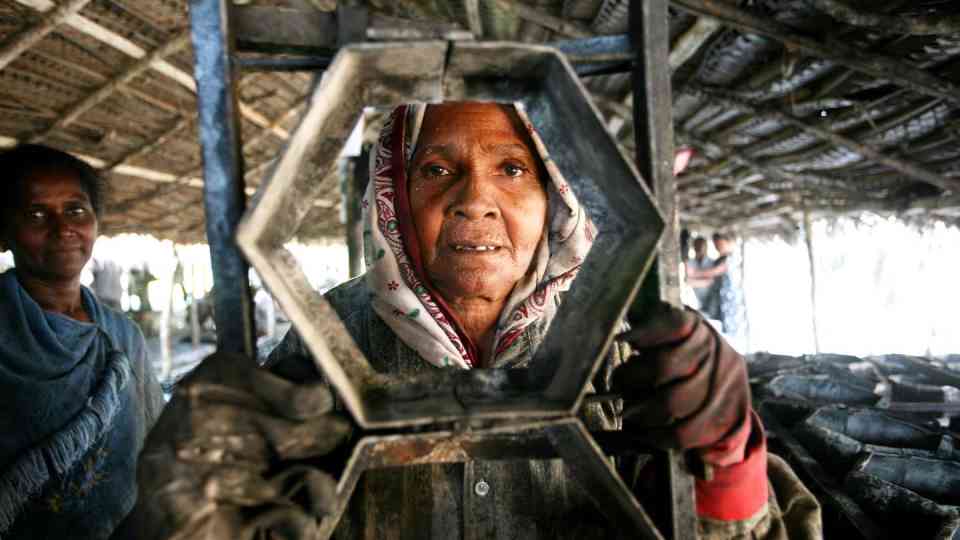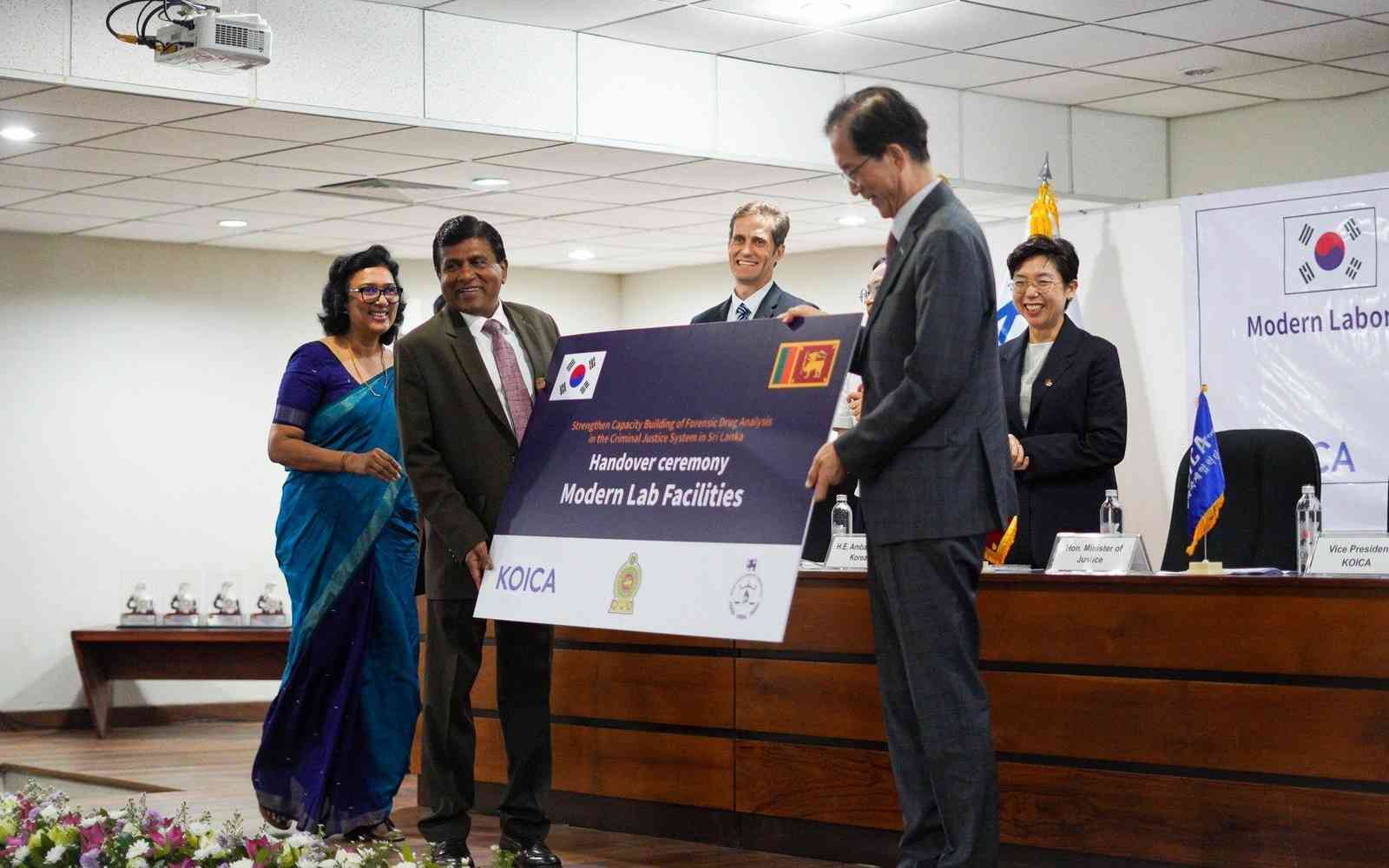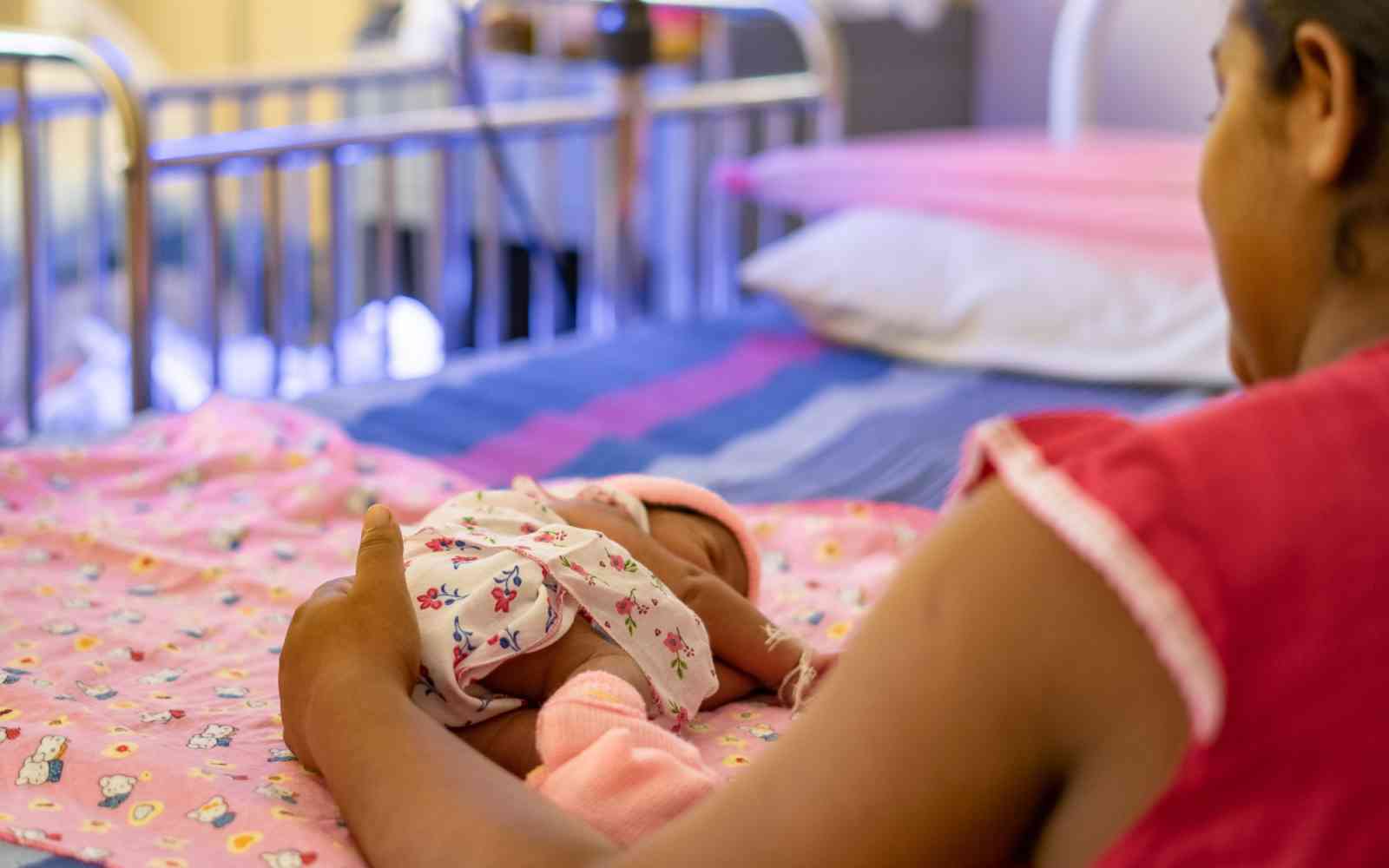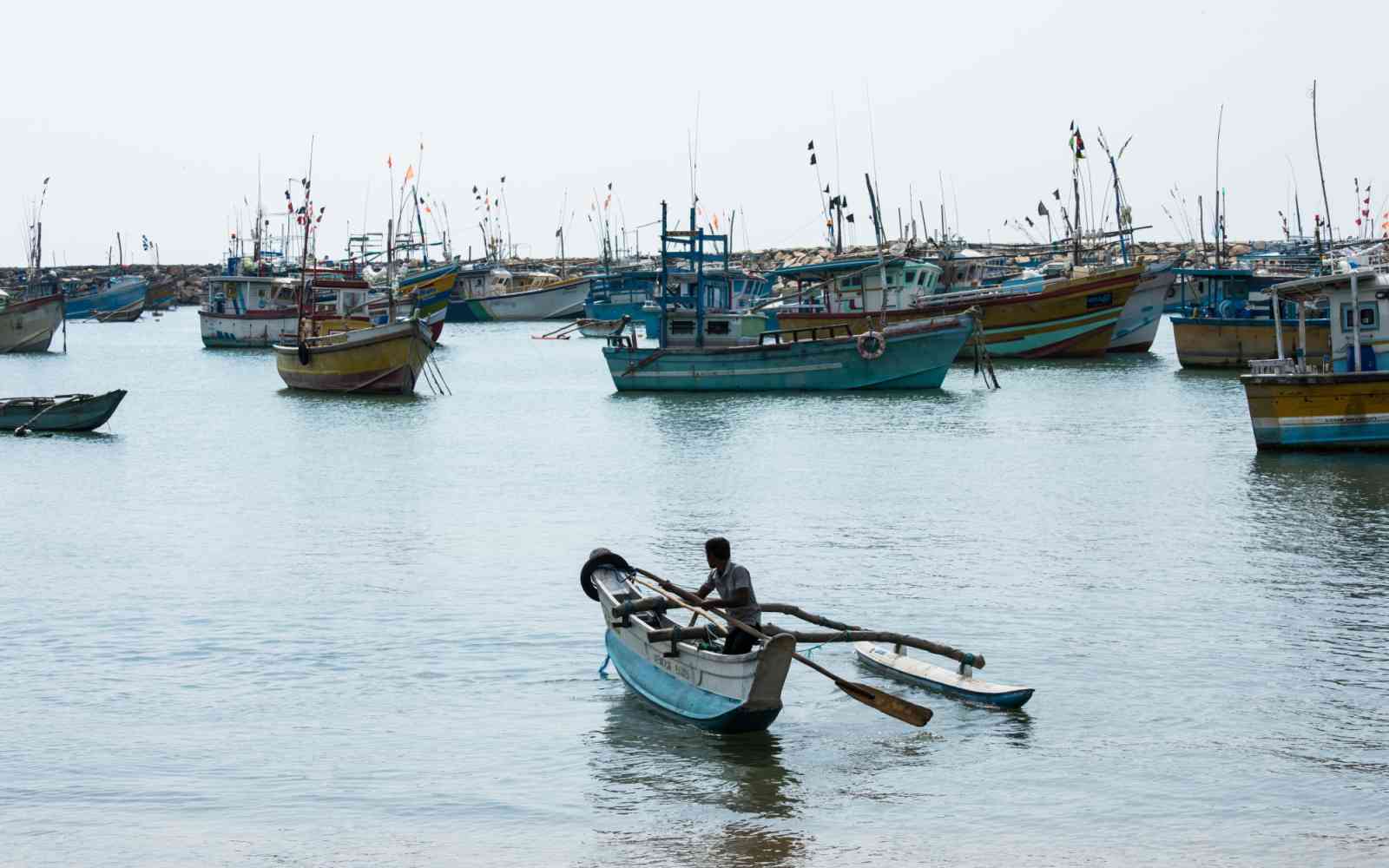The United Nations Office for Project Services (UNOPS)
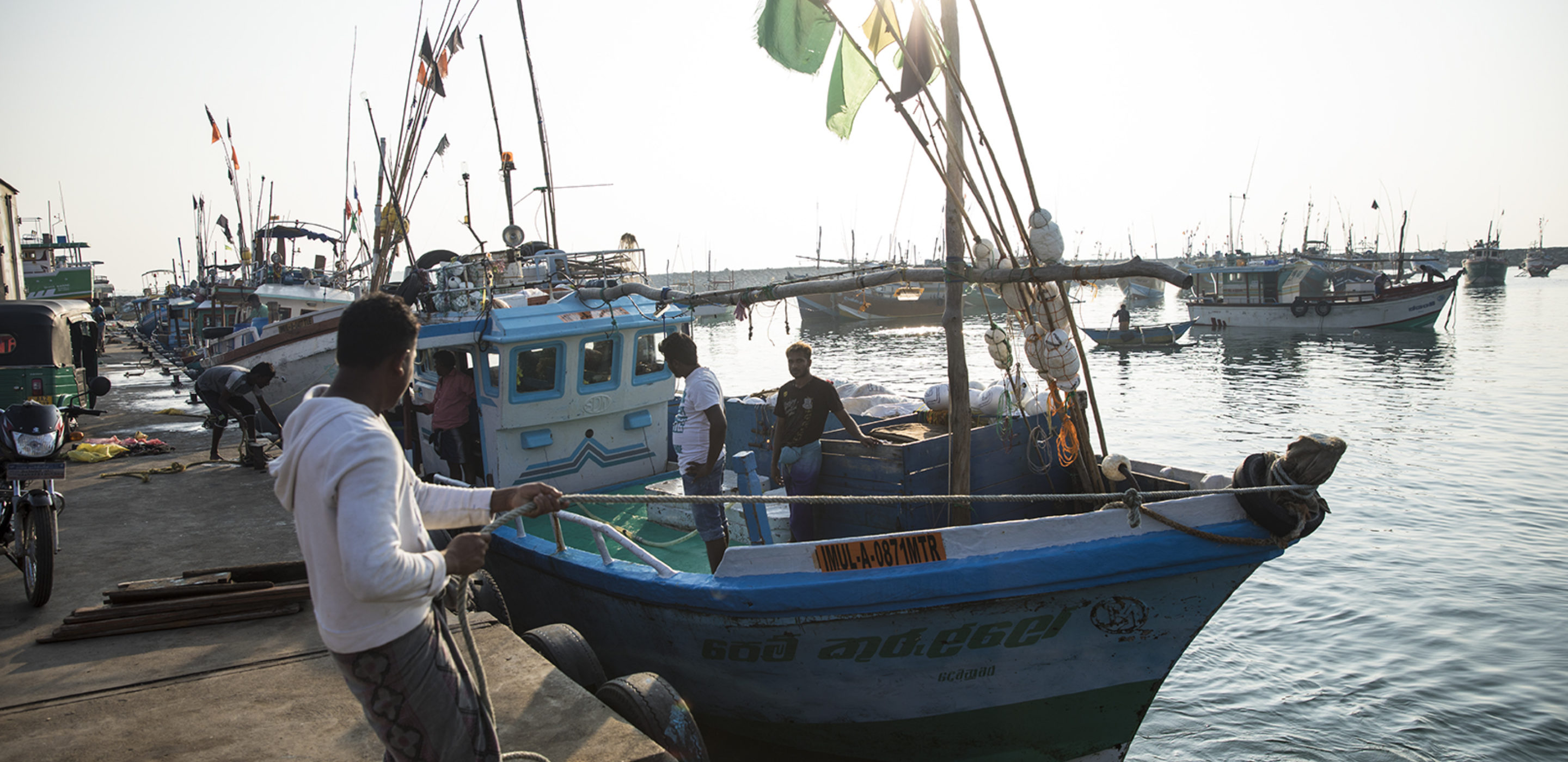
 Sri Lanka
Sri Lanka
European Union
Government of Sri Lanka
Korea International Cooperation Agency
United Nations Sri Lanka
World Bank
UNOPS operations in Sri Lanka focus on social and economic development projects that build in-country national capacity.
From Colombo, UNOPS supports infrastructure needs at innovation, policy and implementation levels, through involvement in disaster risk reduction and management for sustainable and resilient infrastructure.
We aim to address vital climate change and environmental issues such as water resource management and solid waste management. Teams further assist with strengthening operational and technical capacities of actors at national and sub-national levels towards meeting their commitments vis-à-vis the 2030 Agenda.
Our work across the region focuses on high-quality sustainable infrastructure and procurement services, while delivering projects in a timely manner by using the most relevant technologies. These projects, implemented in cooperation with national governments, donors and UN organizations, provide social and economic benefits to vulnerable populations across South Asia and contribute to poverty eradication.










